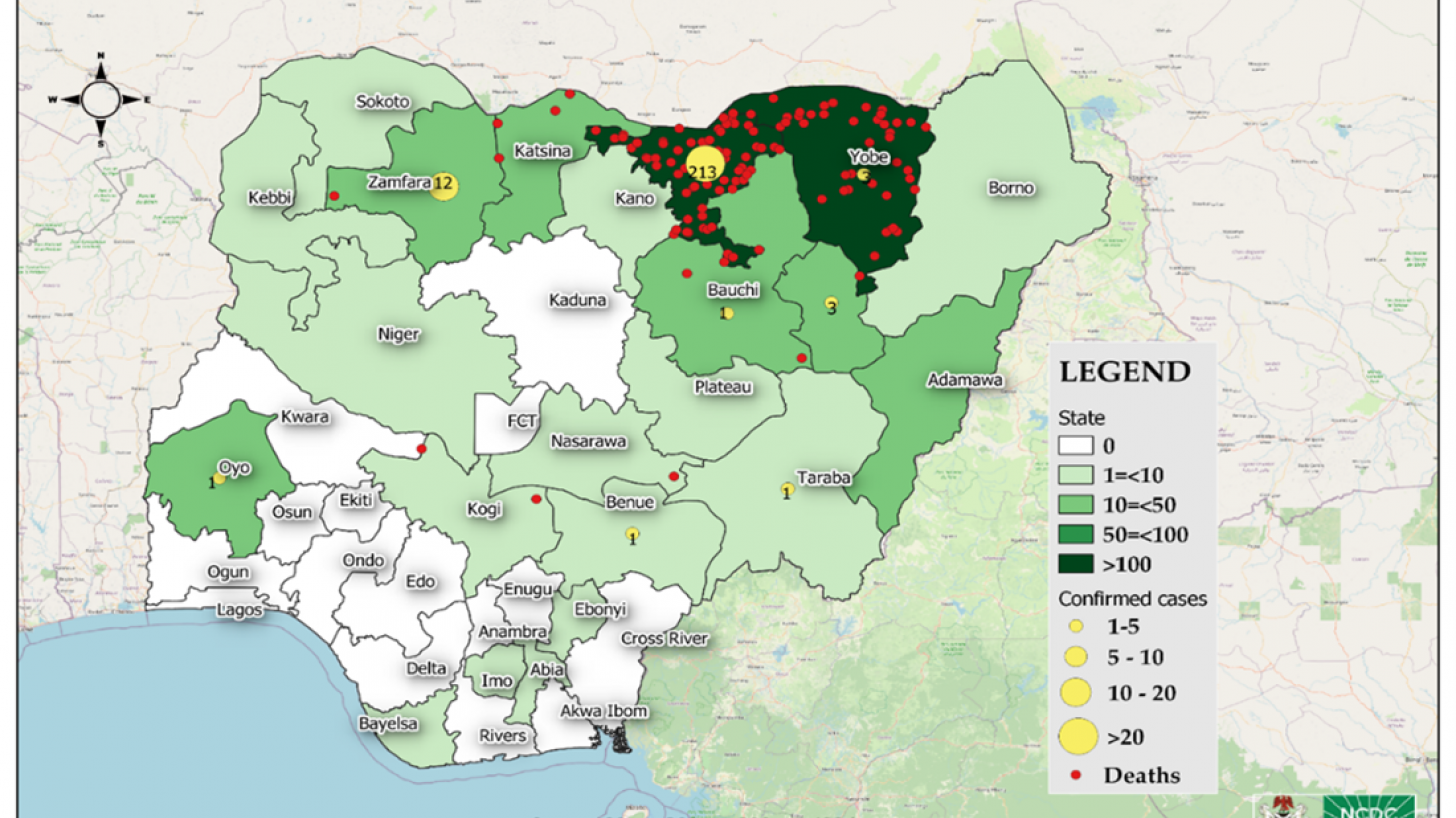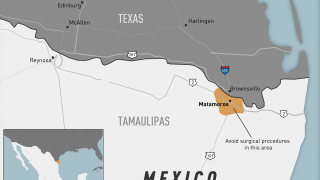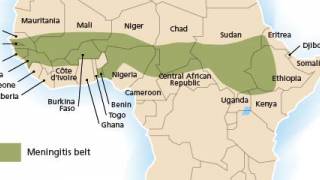Africa's Meningitis Belt Most Fatal in Nigeria

The World Health Organization (WHO) today announced the Federal Republic of Nigeria's meningitis outbreak had caused severe concerns this year.
The WHO reported on April 27, 2023, between October 2022, and April 16, 2023, Nigeria confirmed 1,686 suspected cases of meningitis, including 124 deaths, for a case fatality ratio (CFR) of 7%.
Unfortunately, the highest proportion of reported cases is among children aged 1 to 15.
And the Jigawa state accounts for 74% of all suspected meningitis cases.
This Nigerian state borders the Zinder region in Niger, where a meningitis outbreak has been reported since October 2022.
The extended meningitis belt of sub-Saharan Africa, stretching from Senegal in the west to Ethiopia in the east, includes 26 countries, with Nigeria reporting the highest disease rates.
Meningitis in these countries follows a seasonal pattern.
Most outbreaks occur during the dry season (December through June), with a peak between March and April when persistent low air humidity and high dust loads are believed to damage the pharyngeal mucosa and ease the colonization of the nasopharyngeal epithelium by the meningococci.
Several different bacteria can cause meningitis. The most frequent are Streptococcus pneumoniae, Haemophilus influenzae, and Neisseria meningitidis. However, N. meningitidis, causing meningococcal meningitis, is the one with the potential to produce large epidemics.
Meningococcal meningitis is transmitted from person to person through droplets of respiratory and throat secretions, usually by asymptomatic carriers. Close, prolonged contact with an infected person or living with a bacteria carrier facilitates the spread of the disease.
The average incubation period is four days but can range between two and ten days.
From a prevention perspective, vaccines can help prevent meningococcal disease. There are two types of meningococcal vaccines, says the U.S. CDC.
Nigeria has implemented interventions to combat meningitis, including introducing the meningococcal A (MenA) conjugate vaccine from 2011-2022.
Through preventive campaigns, Nigeria has vaccinated over 100 million people, and the vaccine has been included in the country's routine immunization schedule since 2019.
Among MenA vaccinated populations in countries of the meningitis belt, the incidence of serogroup A meningitis has declined by more than 99%, and no serogroup A case has been confirmed since 2017.
However, annual reports of meningitis cases in Nigeria are still associated chiefly with meningococcus serogroup C.
Nigeria is also confronting other disease outbreaks, such as yellow fever, measles, and polio, in 2023.
These travel vaccines are available at clinics and pharmacies in Texas.
Our Trust Standards: Medical Advisory Committee
























